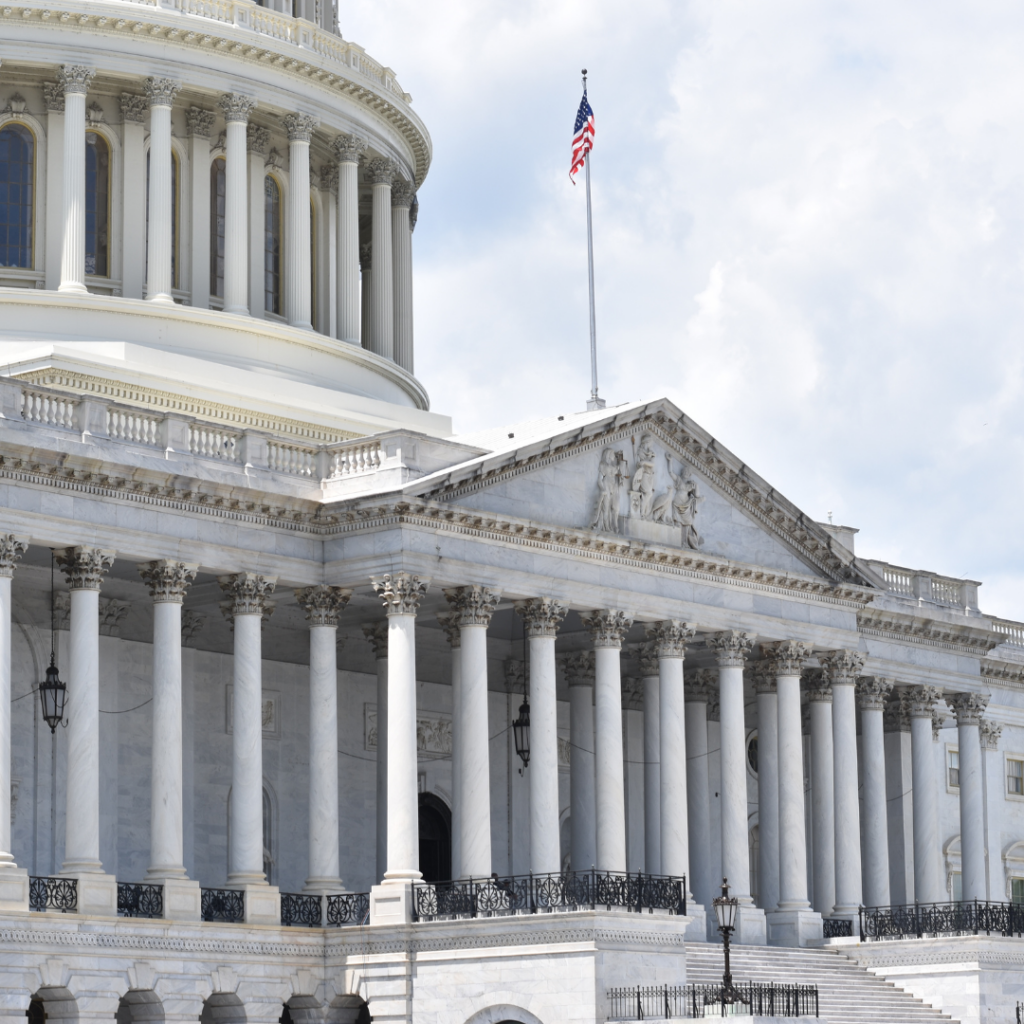In 2017, Congress increased estate tax exemption limits through its passage of the Tax Cuts and Jobs Act. Without additional legislation, these changes are temporary and will expire at midnight on Dec. 31, 2025. New Jersey estate planning lawyers warn that if you do not adjust your estate plan in advance, there may be substantial ramifications.

Upcoming Estate Tax Changes
The TCJA nearly doubled the then-current exemptions for lifetime estate and gift taxes. The combined adjusted exemption is more than $13 million for individuals and more than $27 million for married couples. If the sunset occurs, the increases will be undone, and then, the restored limits will be adjusted for inflation. According to some sources, the expected limits are approximately $7.5 million for individuals and $14.5 million for couples.
Federal Lifetime Estate and Annual Gift Tax Exemption
The federal state tax exemption is the amount excluded from the estate tax calculation when a person dies. The gift tax exemption allows you to give away a certain amount of assets without paying taxes. Once you reach the annual threshold, you must then pay taxes on any further gifts that year. The IRS and Congress often deal with these two concepts in a combined manner due to the overlap. For instance, it often behooves an older person to gift family members some of their assets prior to passing away and the IRS taxing their estate.
The Downside to a Wait-and-See Strategy
No one knows exactly what will happen regarding these changes between now and 2026. What we do know is that they will sunset unless Congress takes action. If the sunset happens, the new limits will be about half. The issue is that many estate values have nearly doubled between 2017 and 2024. If that were to happen, an estate of $15 million could be on the hook for an additional $1 million in taxes or more.
Establishing a Credit Tax Shelter
One of the primary ways to protect yourself is to establish a credit shelter trust if applicable. A CST, which is also known as a family or bypass trust, has long been a proven way to maximize estate tax exemptions for married couples. When one spouse passes away, their assets are placed in a trust. When the surviving spouse then dies, the assets go to the intended beneficiaries but are sheltered from estate taxes.
Starting in 2017, many families who would have traditionally set up a bypass trust did not. There was no reason to do so at the time as their wealth would not grow enough to be affected. One option you have is to set up the CST now, which would reduce your obligation should the sunset go into effect.
Planning for Growth and Reevaluating Your Position
Another important step is to meet with your New Jersey estate planning lawyer and reassess asset appreciation. Much has changed in the past seven years. Even if you expect a 6% rate of growth, you could gift assets to take advantage of an exemption you will likely lose in two years. Another option is to transfer some of your lifetime estate and gift tax exemption into an irrevocable trust. A third option to reduce estate taxes is to increase your charitable donations. Even if you are confident that the TCJA sunset won’t affect you, experts recommend revisiting your estate plan at least every three years.
Get Out Ahead of Potential Estate Tax Changes
At the Knee Law Firm, we have more than six decades of combined estate planning experience. Our team can help you determine if the TCJA sunset affects your strategy and, if so, how to revise your plan to protect your finances. We encourage you to meet with a seasoned New Jersey estate planning lawyer to have your plan reviewed. To schedule that consultation, you can call our Paramus office at 201-996-1200 or contact us online.